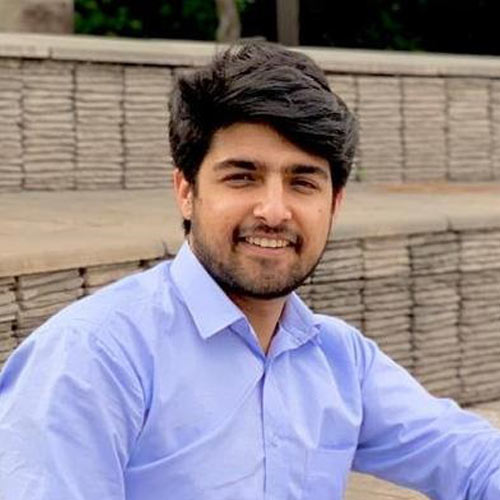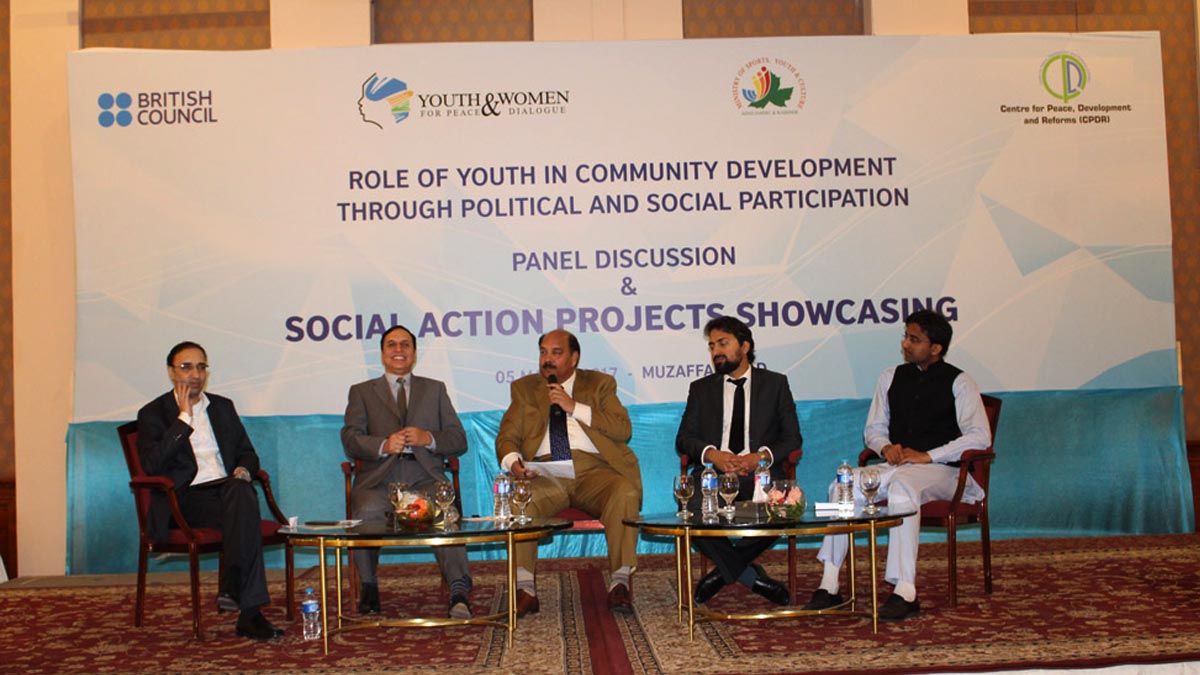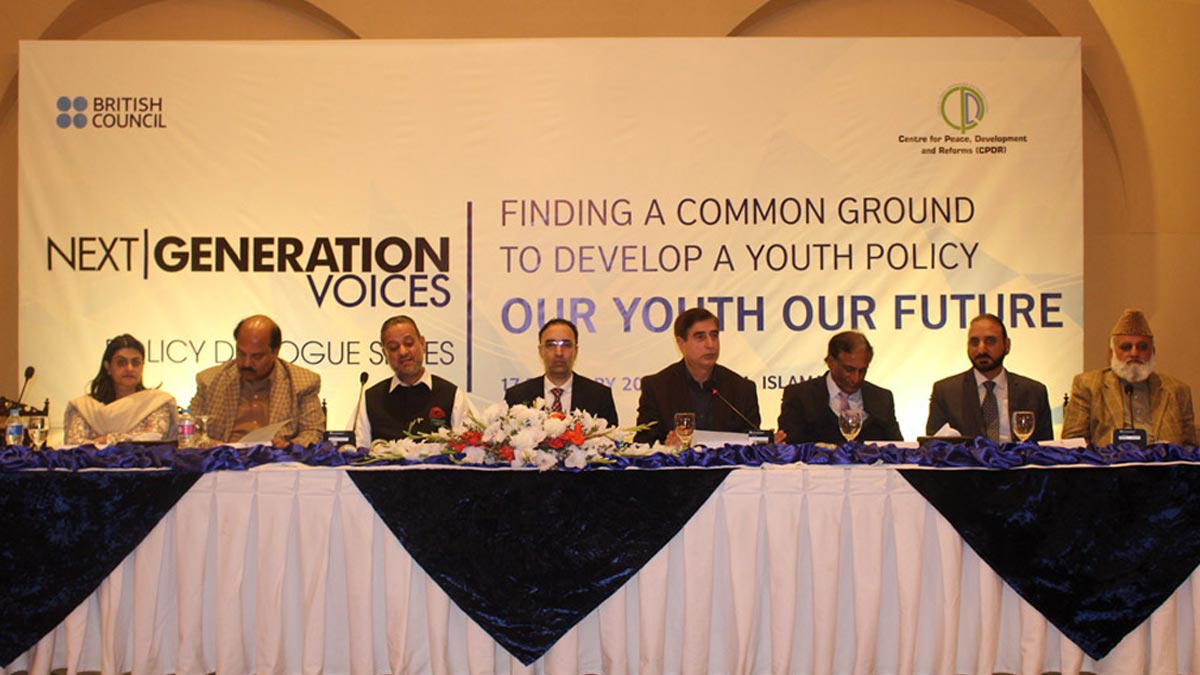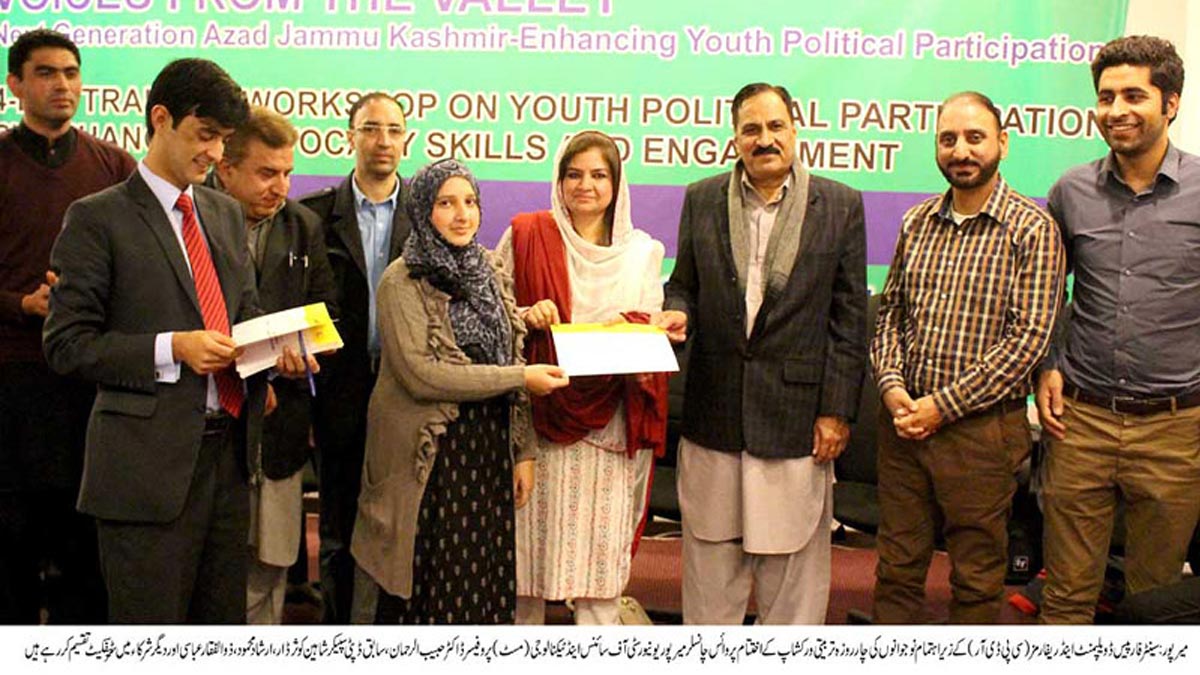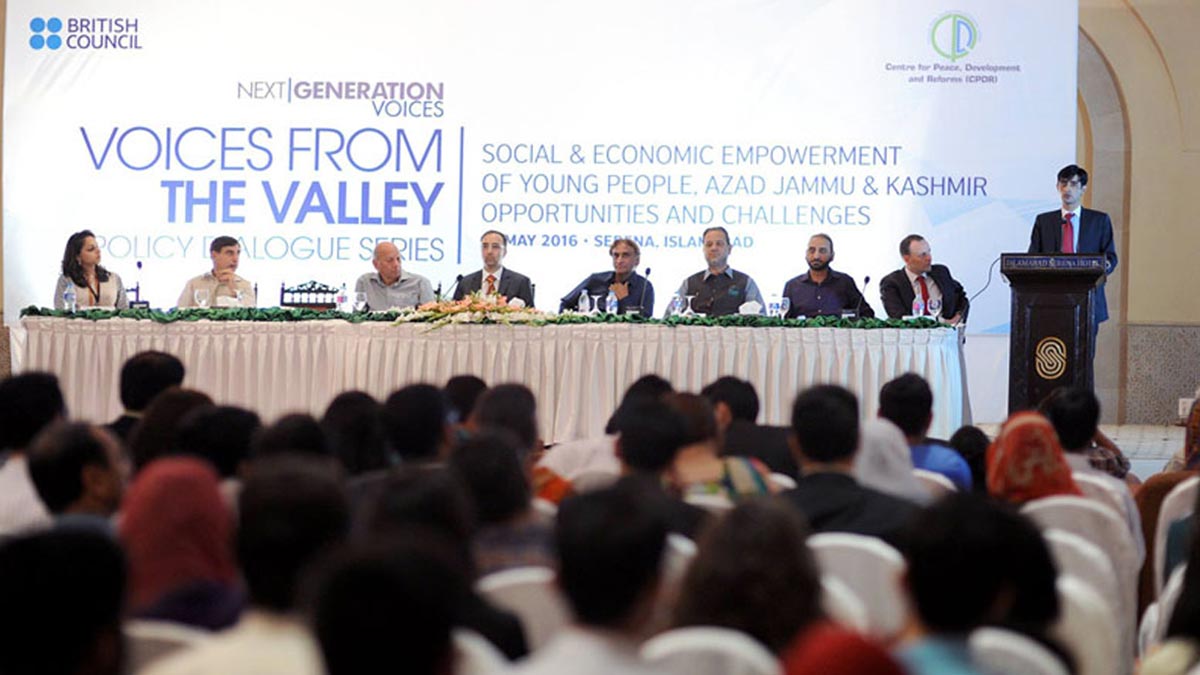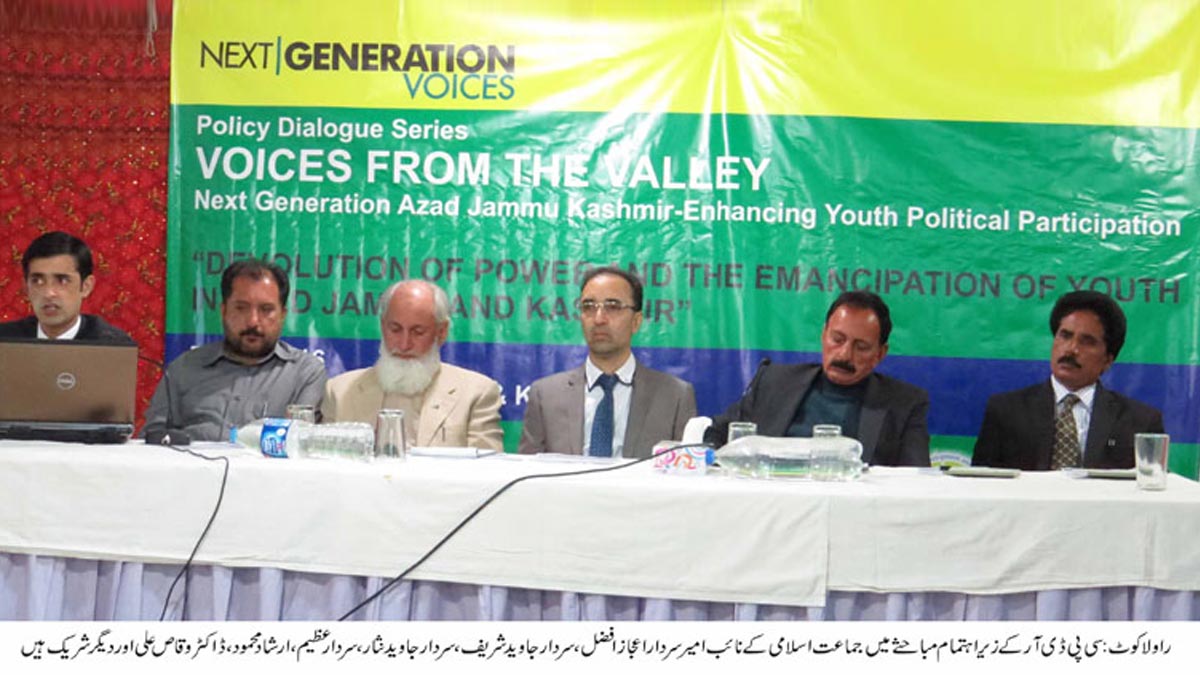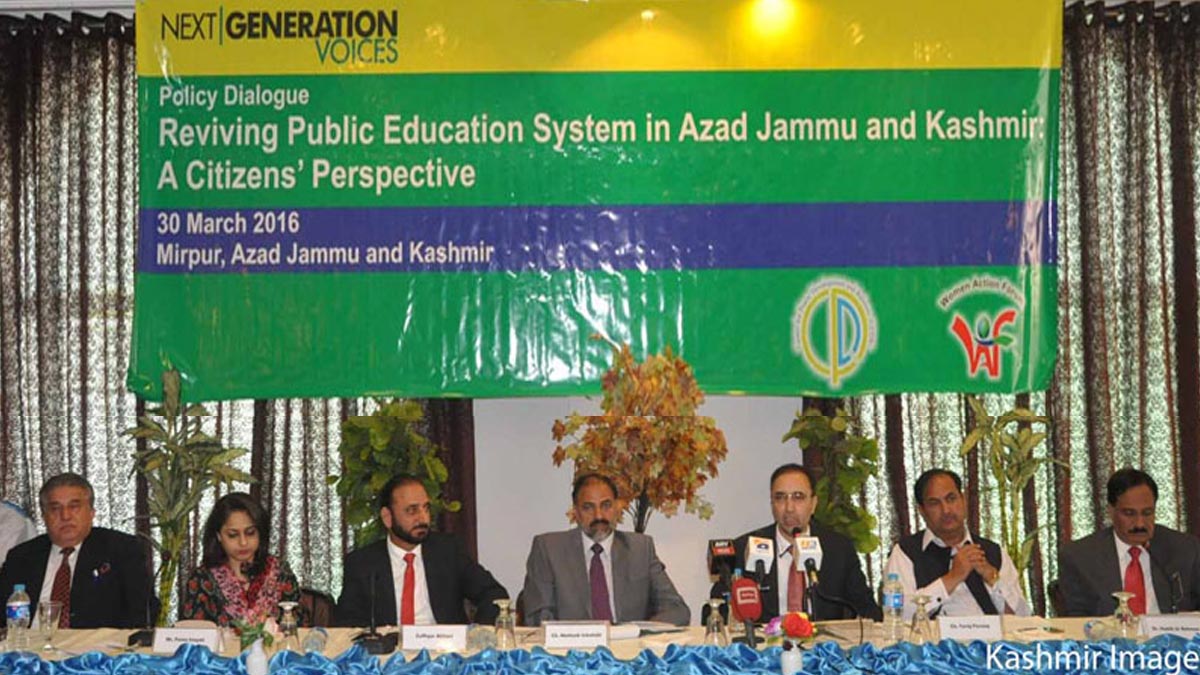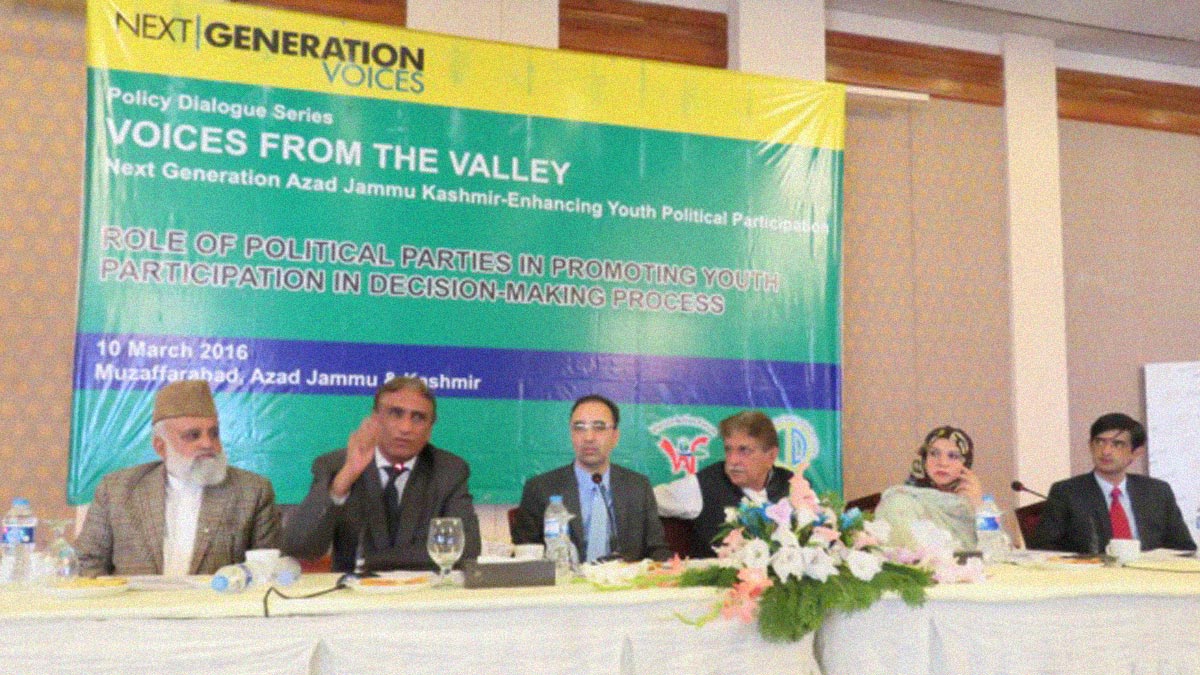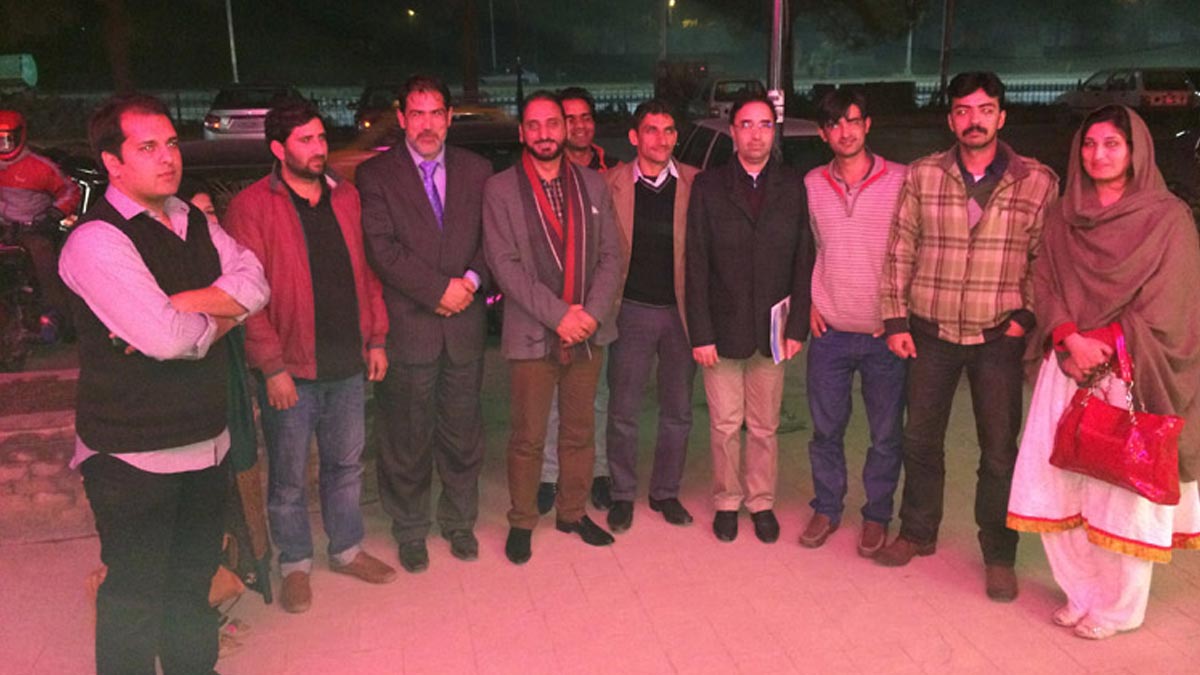
- October 16, 2020
- @admin
- 0
- 16 October 2020
- Irtaza Muhammad
Introduction
Gilgit -Baltistan (GB) is an autonomous region located in the Northern part of Pakistan with a separate government and electoral system. The region was a part of the former princely State of Jammu & Kashmir. Gilgit- Baltistan covers an area of 72,971 square kilometers with an estimated population of 1.5 million.
It was ruled under FCR until the 1970s when Prime Minister of Pakistan Zulfiqar Ali Bhutto brought drastic reforms in the governance and administrative structure,dividing Gilgit-Baltistan into several districts. Later, a Legislative Assembly and quasi-provincial status were granted to GB in 2009.
Governance System
Gilgit-Baltistan comprises of the following structures of government.
- The Gilgit-Baltistan Council (upper house)
- The Legislative Assembly
- The Government headed by the Chief Minister who is elected through the majority vote system in the Legislative Assembly
- A Governor appointed by the President of Pakistan on the advice of the Prime Minister
The Gilgit-Baltistan Council
The GB Council works for policymaking and acts as a bridge between GB and the Government of Pakistan. The GB Council is headed by the Prime Minister of Pakistan called the Chairman of the Council. The Governor of GB serves as the Vice-Chairman while the Chief Minister GB is a member of the council.
Six members are appointed by the Legislative Assembly through voting and six members are “nominated” by the Prime Minister of Pakistan from amongst the Federal Ministers and members of the parliament.
The Legislative Assembly
The Legislative Assembly is an elected body that serves for a term of five years. The Legislative Assembly has a total number of 33 seats.The GB assembly comprises of 24 general seats on which members are elected directly by the registered voters of GB. The Assembly has six seats reserved for women, and three reserved seats for Technocrats and Professional members who are elected indirectly through a party-list proportional representation system.
A brief history of elections
The government of Pakistan passed an Autonomy order known as the Gilgit-Baltistan Empowerment and Self Governance order in 2009 signed by the President of Pakistan Asif Ali Zardari. Elections in Gilgit- Baltistan were held for the first time in 2009. Pakistan People’s Party emerged as the largest party winning 20 seats out of 33. Syed Mehdi Shah took oath as the first-ever Chief Minister of GB.
Elections were held again after completion of the first term in 2015 to elect the second assembly of GB. In this election, Pakistan Muslim League (Nawaz) succeeded by getting 22 seats out of 33. Hafiz Hafeez ur Rehman was sworn in as the second Chief Minister of Gilgit Baltistan.
Following are the detailed results of the 2015 election
| Party | Votes | Percentage | General seats | Women Reserved |
Technocrats | Total |
| Pakistan Muslim League (Nawaz) | 125199 | 33.78 % | 16 | 4 | 2 | 22 |
| Tehreek -e-Jafria | 18491 | 4.99% | 2 | 1 | 1 | 4 |
| Majlis Wahdat-e-Muslimeen | 36510 | 9.85% | 2 | 1 | 0 | 3 |
| Pakistan People’s Party | 70965 | 19.15% | 1 | 0 | 0 | 1 |
| Pakistan Tehreek-e- Insaf | 40748 | 10.99% | 1 | 0 | 0 | 1 |
| Balawaristan National Front | 5259 | 1.41% | 1 | 0 | 0 | 0 |
| Jamiat Ulma-e- Islam (F) | 5404 | 4.45% | 1 | 0 | 0 | 0 |
| Muttaiha Qaumi Movement | 3382 | 0.91% | 0 | 0 | 0 | 1 |
| Jamaat-e- Islami | 3237 | 0.87% | 0 | 0 | 0 | 0 |
| Others | 16060 | 4.33% | 0 | 0 | 0 | 0 |
| Total Votes polled | 370552 | 100% | 24 | 6 | 0 | 33 |
| Total Voters | 617305 | 100% |
Results of 2015 Gilgit- Baltistan Election

A pictorial display of Gilgit-Baltistan Assembly constituencies.
2020 Gilgit-Baltistan Election
The Assembly’s term ended on 24th June, 2020. Mir Afzal was sworn in as the caretaker Chief Minister of Gilgit Baltistan on 25th June, 2020. Initially,the Assembly elections were supposed to be held on 18th August 2020. Election activities were on full swing when Covid-19 hit Pakistan in early March and Gilgit-Baltistan appeared it’s hot zone since its eruption. Consequently, the postponement of elections was announced on 12th July, and after a long debate the new polling date was set to be Nov 15, 2020. More than five hundred candidates have submitted their candidature credentials from ten districts of Gilgit-Baltistan. The Election Commission has also finalized the candidate lists for reserved women and technocrat seats after scrutiny.
| Sr.# | Party | Leadership | Previous position in LA | Area of influence |
| 1. | Pakistan Muslim League (Nawaz) | Mr. Hafiz urRehman | 22 | Gilgit, Skardu, Astore, Diamer,Ghanche |
| 2. | Islami-Tehreek Pakistan | Allama Shaikh Mirza Ali | 4 | Hunza-Nagar, Skardu |
| 3. | MajlisWahdat-e-Muslimeen | Nasir Shirazi | 3 | Hunza, Skardu |
| 4 | Pakistan People’s Party | Syed Mehdi Shah | 1 | Gilgit, Skardu, Daimer |
| 5 | Pakistan Tehreek-e- Insaf | Mr. Jaffar Shah, recently passed away | 1 | Skardu, Diamer, Ghizer,Ghanche |
| 6 | Balawaristan National Front | Mr. Nawaz Khan Naji | 0 | Ghizer |
| 7 | Jamiat Ulma-e- Islam (F) | Haji Shah Baig | 0 | Diamer |
| 8 | Jamaat-e- Islami | Mr. Mushtaq Ahmad Advocate | 0 | Astore |
The fifth province debate
A new development regarding Gilgit-Baltistan took place recently when the Federal Minister for Kashmir Affairs and Gilgit-Baltistan gave a statement regarding the constitutional amendment of GB’s status. The Federal Minister hinted at giving GB the status of a full-fledged province of Pakistan, including its representation in the Senate and National Assembly. The military leadership has also taken up this issue with the opposition parties to obtain their support. It seems that making GB the fifth province of Pakistan is no longer a pipe dream.
The writer is associated with the Centre for Peace, Development and Reforms (CPDR). He can be reached at:


